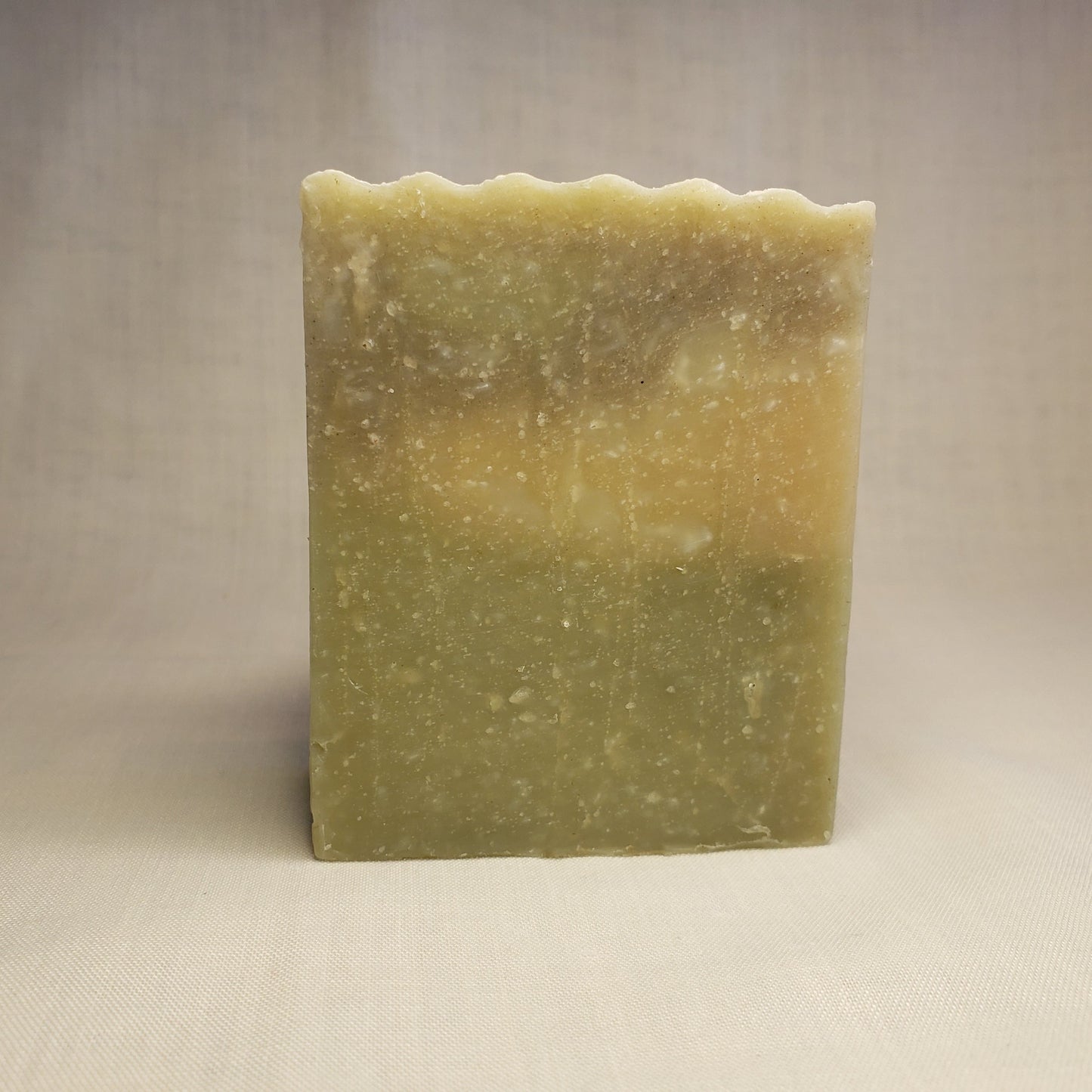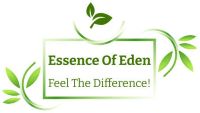Essence of Eden
"Woodsman" Natural Tick Repellent Soap Bar for Outdoorsmen
"Woodsman" Natural Tick Repellent Soap Bar for Outdoorsmen
Couldn't load pickup availability
Introducing our Natural Tick Soap Bar, a rugged companion crafted with the woodsman in mind. Affectionately dubbed "tick soap" by our family, this bar is more than just a soap – it's a shield against nature's nuisances.
Packed with green French and Bentonite clays, it offers a dual benefit of exfoliation and pest protection. The earthy clays gently cleanse and remove impurities while subtly infusing your skin with their natural goodness.
But what sets this soap apart is its potent blend of essential oils. Cedarwood, Citronella, Tea Tree, Eucalyptus, Lavender, and Lemon combine forces to create a powerful aroma that repels ticks and other pests, making it a favorite among hunters, campers, and fishermen.
Handcrafted with care, this soap contains nourishing olive oil, lathering coconut oil, and castor oil, ensuring a rich, creamy lather that cleanses from head to toe. Versatile enough to be used as a shampoo bar, it offers holistic benefits for your entire body.
Embrace the call of the wild with our Natural Tick Soap Bar – your trusted ally in the great outdoors.


Frequently Asked Questions
Customers' common questions
Why are handmade soaps better for you than store bought soap?
Most store bought soaps are not actually soap at all. They are laden with detergents, cleaning agents, chemicals and fragrances that dehydrate and irritate your skin. Your skin is the largest organ of your body and absorbs these chemicals. It should be nourished and protected from un-natural chemical agents and that is the benefit of 100% natural handmade soaps.
Why are handmade natural soaps more expensive than store brands?
Because store brands are mass produced using cheap synthetic detergents and chemicals. Handmade soaps that are 100% natural use natural skin loving oils such as olive oil, coconut oil, tallow, mineral oils, essential oils and clays. They have a cure time of 4-6 weeks and are very time consuming to make, mold, un-mold, cut, wrap, and market. Each bar is unique in appearance and it's own little work of art.
What about the lye used in soap making? Doesn't lye make soap caustic?
Lye used in soapmaking comes in two forms, sodium hydroxide (derived from hard wood ash) is used for solid soaps and potassium hydroxide (derived from potash) for liquid soaps. They are both extremely caustic in soapmaking and extreme measures have to be taken in handling the lye and the soap for the first 24-48 hours of the process. The soaps go through an incubation period where the soap heats up, gels and becomes solid when the oils have used up all of the lye for saponification. The lye saponifies the oils and that's what makes them lathery soap. No lye, no soap!



